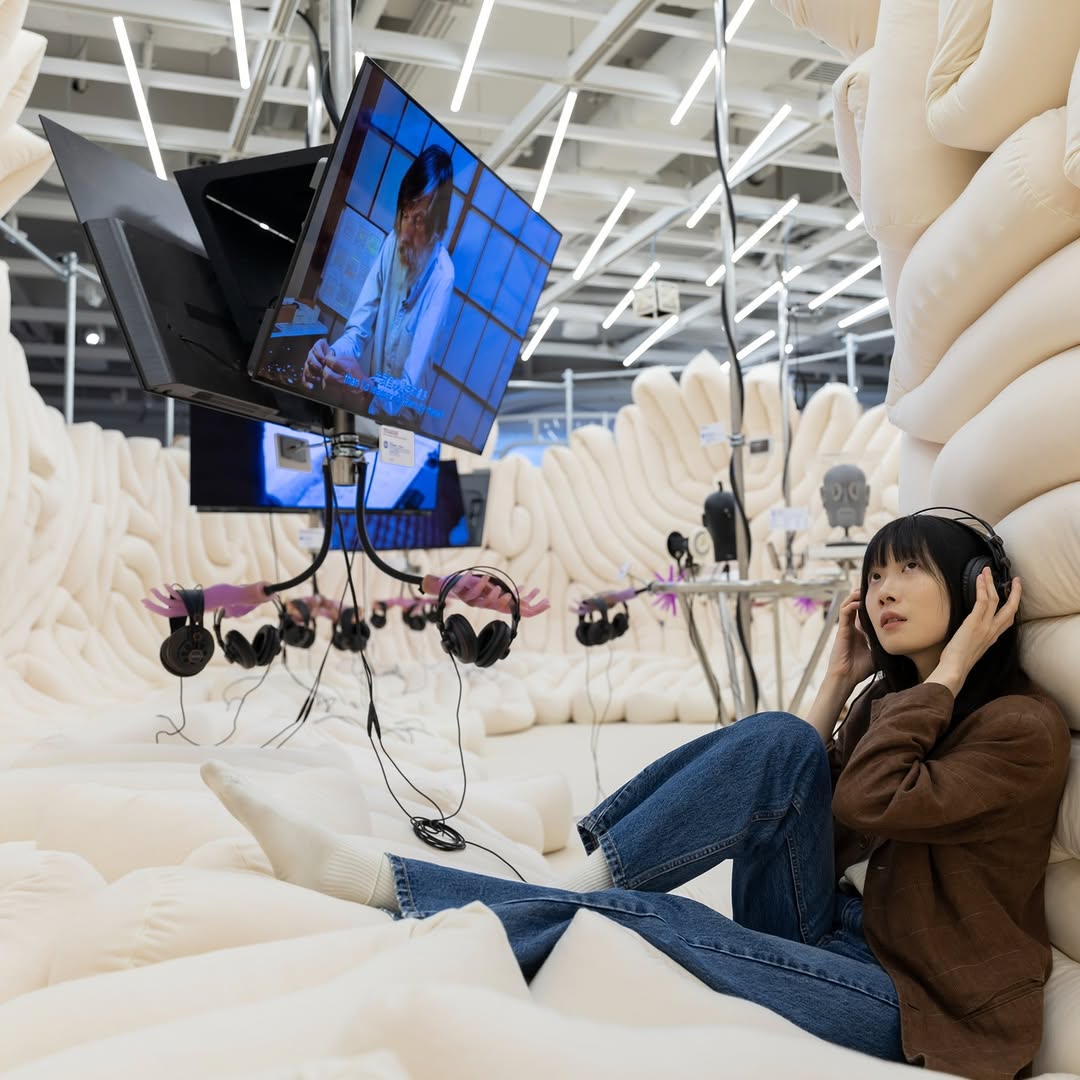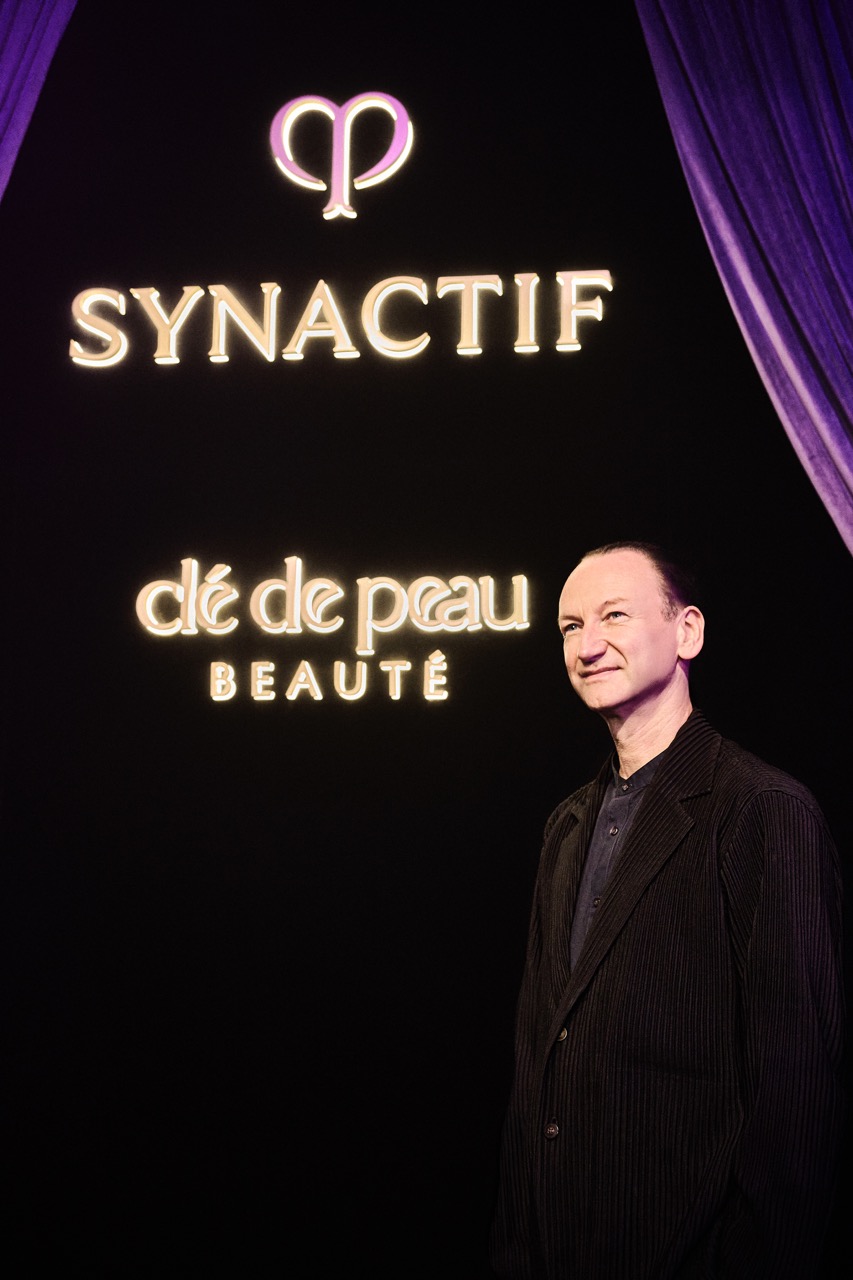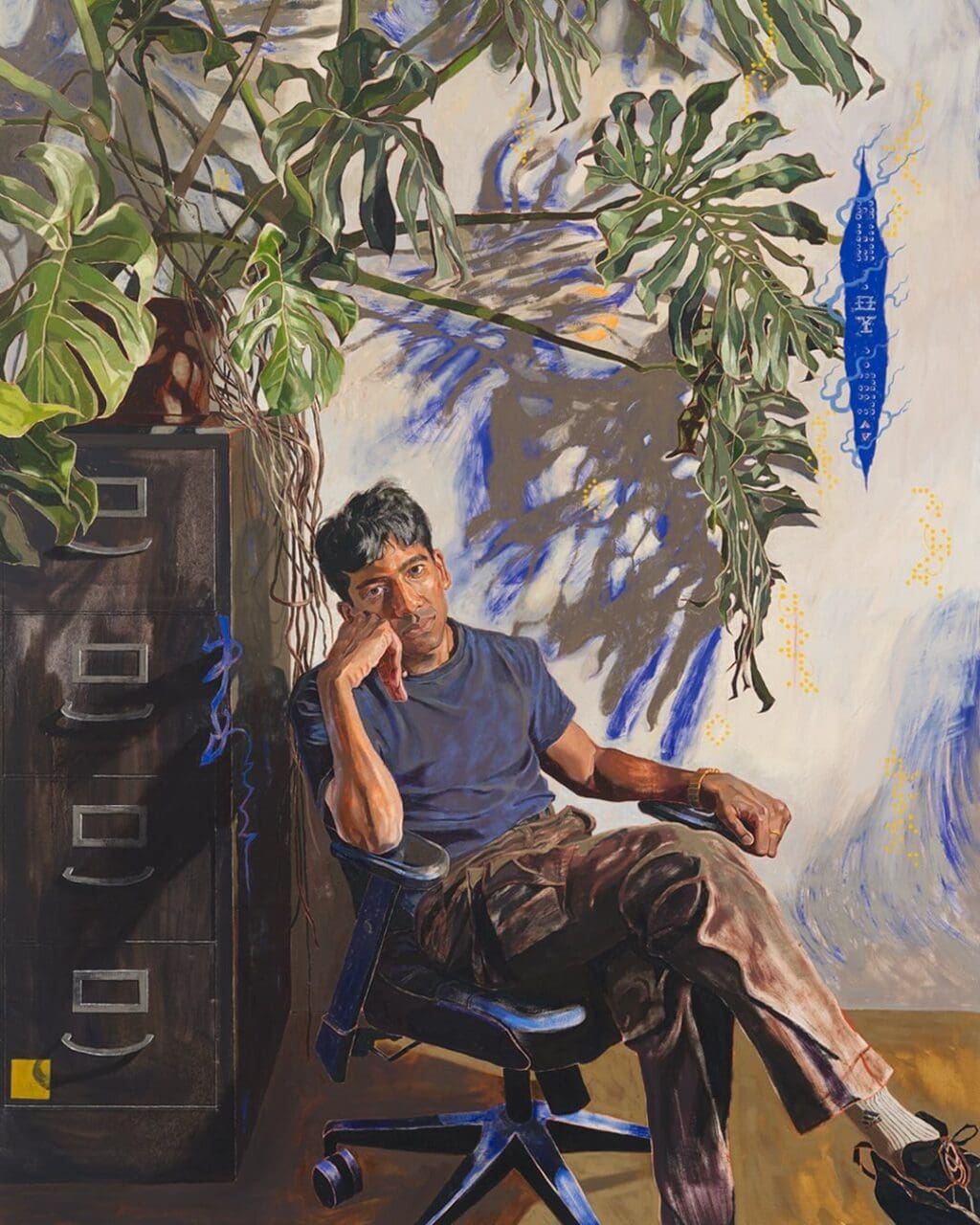Many new sports are flourishing at the moment. Ultimate Frisbee is one of them, and Alicia Lui is a member of the Hong Kong women’s team. She is also the founder of the Women in Sports Empowered (WISE) charity, striving to encourage more girls to participate in sports and raise the status of women in sports leadership positions.
Lui has a full-time job and is over forty years old—she’s a representation of the fact that regardless of gender, age, or occupation, everyone has the equal right to enjoy sport. Reminiscing about her first encounter with Ultimate Frisbee and eventual decision to try her hand at it, she says, “I came across the sport while at university in America. At that time, I found it funny how they made a game out of chasing a frisbee. When I graduated and returned to Hong Kong, I was unhappy for a while, and needed to find something to do outside work. I found Ultimate Frisbee on the internet, thought back to when I saw it in school, and tried it.”
In the blink of an eye, twenty years had passed since she started playing. Just what is so special about this niche sport, and what about it intrigued her so deeply? “Lots of girls continue playing a sport not because of the sport itself, but because of the circle of friends they make; the friendship is more important than the sport,” Lui muses. She still remembers the first time she tried out frisbee at the beach in Discovery Bay, receiving a warm welcome and having a great time. The second time, she practised with her friends on a field, becoming more invested the more she played. Unlike in mainstream sports such as basketball and football, Lui explains that the frisbee circle is very small. “Only a few play, and people are very close; they compete together and go on trips together, forming a very tight-knit community.”
In Lui’s eyes, Ultimate Frisbee’s most unique aspect is that there is no referee—the sport relies solely on athletes’ communication and judgement, which requires discipline and self-confidence. “You need to monitor the other players, but also encourage yourself to monitor what you’re doing. You need to be brave and tell others what your perspective is.” She notes that Ultimate Frisbee encourages people to be courageous and express what they believe, and this sense of confidence is easy to lose as we grow up. “I don’t just get motivation from my friends. When I see myself improve, I get a great sense of satisfaction and achievement.”
2016 saw Lui represent Hong Kong in a mixed competition for the first time, and in 2019, she officially joined the representative Hong Kong women’s team as ‘player-captain-coach’. She explains, “Amateur sports do this very often because there’s a lack of funds to recruit an official coach. Now that we have government funding, we can recruit a full-time coach.”
Currently, Lui has retired from her positions as coach and leader, focusing on her role as team member. Because she already has a full-time job, and is getting older, time management and her physical strength both present challenges. Despite this, she is firm in her beliefs. “I chose to live my life like this—living for myself. I need to tell myself that I can still do this.” Currently, Lui is preparing hard for the battle that is the 2024 World Masters Ultimate Championships in November, where the ‘Masters’ group is for women aged 30 and over. At her age, she would in fact be able to join the ‘Grand Masters’ competition, meaning that this time around, she will have to compete with players much younger than herself. Lui wants to challenge herself and prove herself. “Not only can I still continue to compete, but I can also keep up with teammates ten years younger than me. I want to tell others that even older people can continue to play sports, no problem!” Each day before work, Lui consistently finds time to work out, keeping herself in the best shape possible.
Breaking Barriers
Lui deeply understands that female participation in sport is loaded with many types of prejudices and stereotypes. From a young age, she enjoyed playing different sports, even dreaming of making sport her career, but she faced numerous societal and familial pressures. “My parents did not encourage me to sprint, because they thought that sprinting would make people’s legs thick and large. The same went for football; they were afraid that I would become short and thick-legged, so they encouraged me to take part in ‘feminine’ sports such as figure skating,” shares Lui. “Ultimately, lots of people believe that it’s better for girls to study hard; they could do sport for the sake of their health but shouldn’t pursue it extensively and simply treat it as fun and games. Aside from wanting to be a professional athlete in the past, I also thought of working in the sports industry. However, many say that launching careers in the sports world present unstable prospects for women, and that they’re unlikely to have futures…” These sentiments have not just been directed at her–they’ve also become deeply ingrained within society.
In order to break the barriers faced by women in sports, Lui founded Women in Sports Empowered, a volunteer organisation that eventually became a registered charity in 2020. “All along, we’ve hoped that Hong Kong women can participate in sport without any barriers,” says Lui. She points out that teen years present a “risky period” for women’s sport. According to the Women’s Sports Foundation, at fourteen years of age, the proportion of girls dropping out of sport is double that of boys. Hence, WISE primarily caters to youth, particularly promoting itself in schools. This academic year, WISE launched the ‘Oh Yeah? Girls Stand Up!’ programme, running free workshops in many secondary schools to enhance junior secondary students’ self-confidence and emotional and social skills through the medium of sports and physical games. The programme will continue next academic year, encouraging even more young people to participate in sport and build up their self-confidence in the long run.
Translated by Wing Hei Woo
Photography: Chau Yiu Yan
Makeup Artist: April Huang
Hair Stylist: Keith Wo
Location courtesy of Strength Culture
Editor
Bonnie Yau










